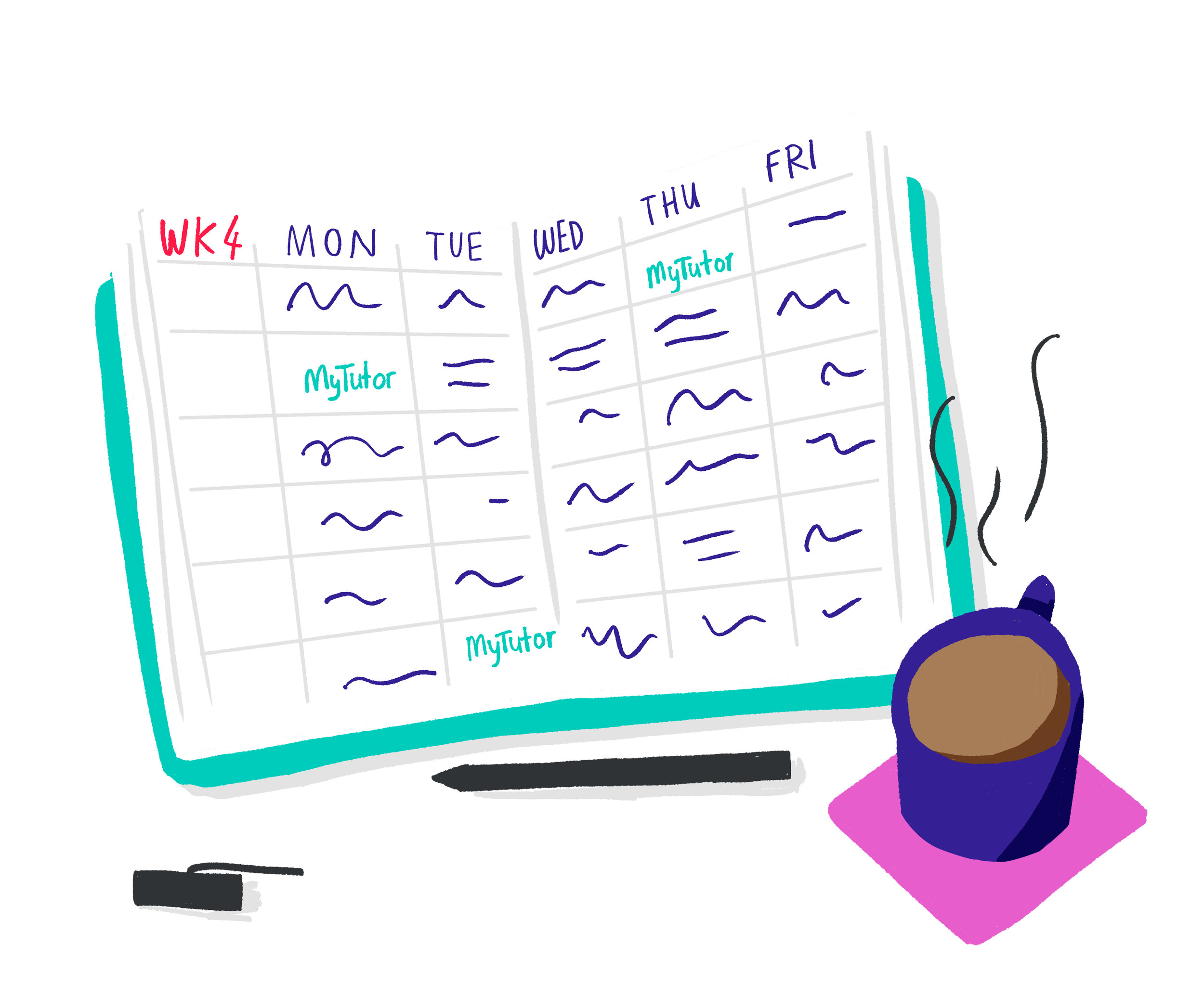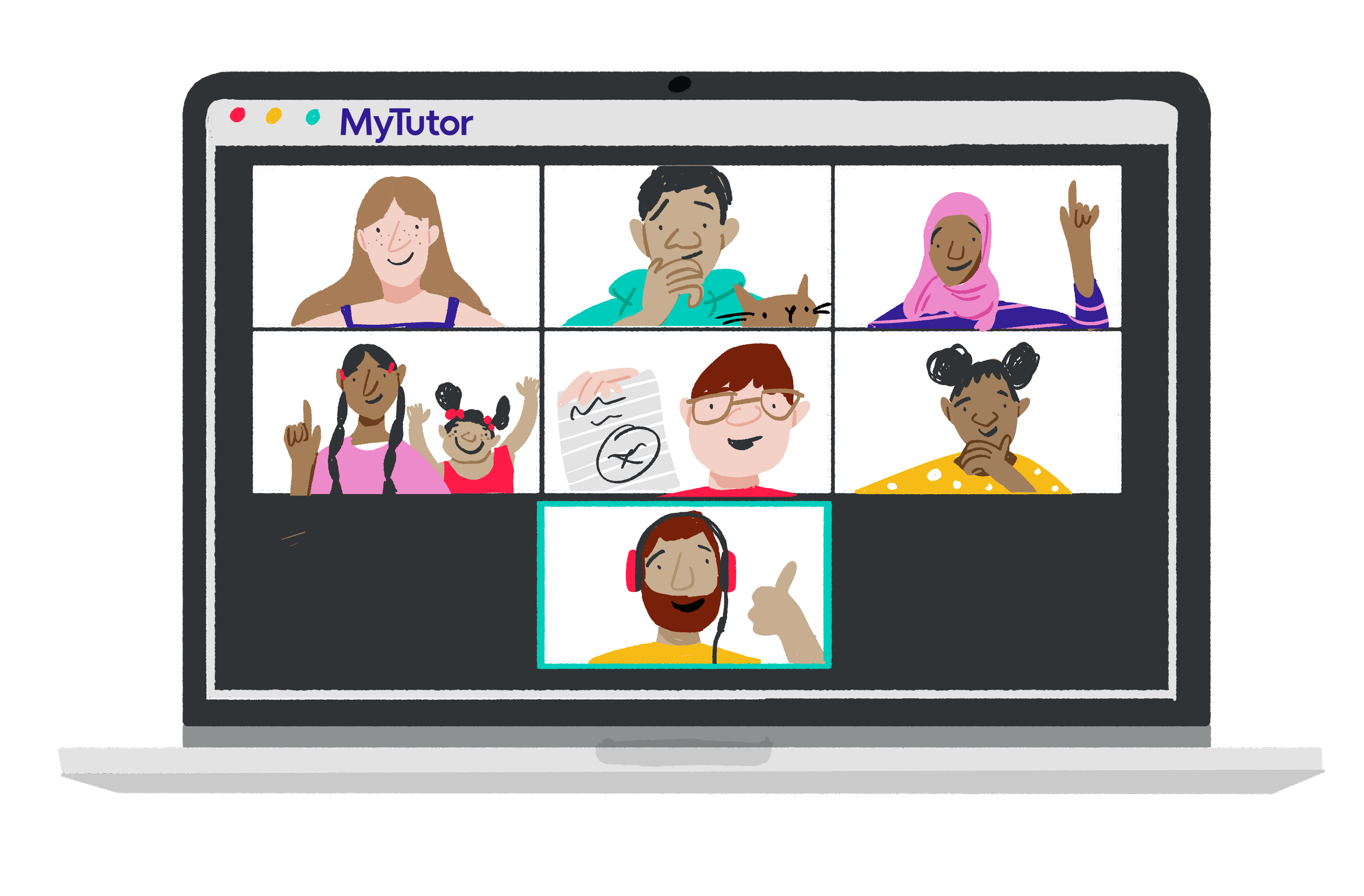The following is a guest article from Sofia Avery - Digital Content Researcher. The original article appeared in MyTutor.
Adolescence is a time where distractions multiple rapidly. There are more social demands and opportunities, greater freedom, athletics, dating, and the siren call of social media.
With all of these competitors begging for a teen’s attention, many adolescents find it difficult to carve out the time needed to study. As a parent, however, you are keenly aware of the importance of your academics for your son or daughter’s future. Studying, and doing so effectively, is essential.
Below I’ve covered six ways to help your teen study that, with a little effort, can become a habit that helps them throughout their life.
ONE: Help your teen create a revision timetable.
It’s all about making a plan–and sticking to it. The best way for your teen to get organized is by putting a revision timetable together.
They can download a template and fill in a study schedule for the Easter holidays. And to make the most of their timetable, they can divide study time between subjects– setting aside more time on those they find challenging.
They’ll feel motivated as they tick off revision blocks from their timetable. And blocking out time on their schedule for fun activities like going to the cinema is important too. This way they’ve got things to look forward to.
TWO: The Pomodoro technique helps them balance study and breaks.
The Pomodoro technique is a brilliant way for them to balance revision and breaks. Education experts recommend using Pomodoro, since the brain learns best in shorter bursts of study (25 minutes) with breaks built in between. And breaks are actually an important part of learning. The brain is busy linking up information while your teen rests up–how convenient!
Here’s how the Pomodoro works:
Step 1: They’ll choose a subject to revise in. For example, GCSE English.
Step 2: Next they’ll set the Pomodoro timer (or Pomodoro app) for 25 mins.
Step 3: Your teen can then start revising their subject. It is best if they focus on only one.
So, for example, working with flashcards.
Step 4: When the timer rings, they’ll take a short break (about 5 mins).
Step 5: They’ll repeat steps 2-4 for their second Pomodoro round. It’s a good idea to set aside at least an hour (so 2 Pomodoros) and to stick to the same subject in that time. After the 2 Pomodoros, they’ll take a longer break.
THREE: Group courses mean revision time is covered.
If your teen needs a bit of extra support in a subject, or they just want more guidance with their revision– group courses can be a winning option. Our 5-day group tuition courses run at the same time every day during the Easter holidays. Because of this routine, it’s easier for your teen to switch off after. Plus, they’ll be led by an expert tutor who’s planned fun ways for them to learn the material. And revising with other students (max 6) means they’re part of a community. They can cheer each other on and feel supported.
FOUR: Encourage them to study with friends.
There are a lot of benefits to studying with friends. For one thing, your teen will have company when usually revising can feel lonely. They can quiz each other, which is a good way to help make information stick in their long-term memory. They can also teach and explain topics to their friend–another study activity that’s great for helping them remember.
FIVE: Take them on a fun study day out.
If you can take your teen to see a Shakespeare play or visit a museum, it can bring the subject they’re revising to life. But you don’t have to go very far to mix things up either. Just taking them out to study in a different environment, like in a cafe works a treat. Prof Barbara Oakley says it’s a good idea for them to change where they revise since the brain gets used to certain things. If they’re always studying in their bedroom, it can be harder for them to focus in a new place like an exam hall. Even just studying at the kitchen table instead can prep them for recalling info in a new environment.
SIX: Make sure they switch off completely too.
With all your teen has got going on at school, it’s important for him or her to just ‘switch off’ from time to time. And this means being away from their screens where they might mindlessly scroll for hours. You can take them to the cinema or encourage them to see their friends. A bit of time away from studying can help them feel refreshed and motivated to get back into it.
It’s tricky to find the right balance between study and switching off during the holidays. But you’ll know what’s best for your teen. Together, you can make a plan that helps them recharge and get ready to take on exams.


















